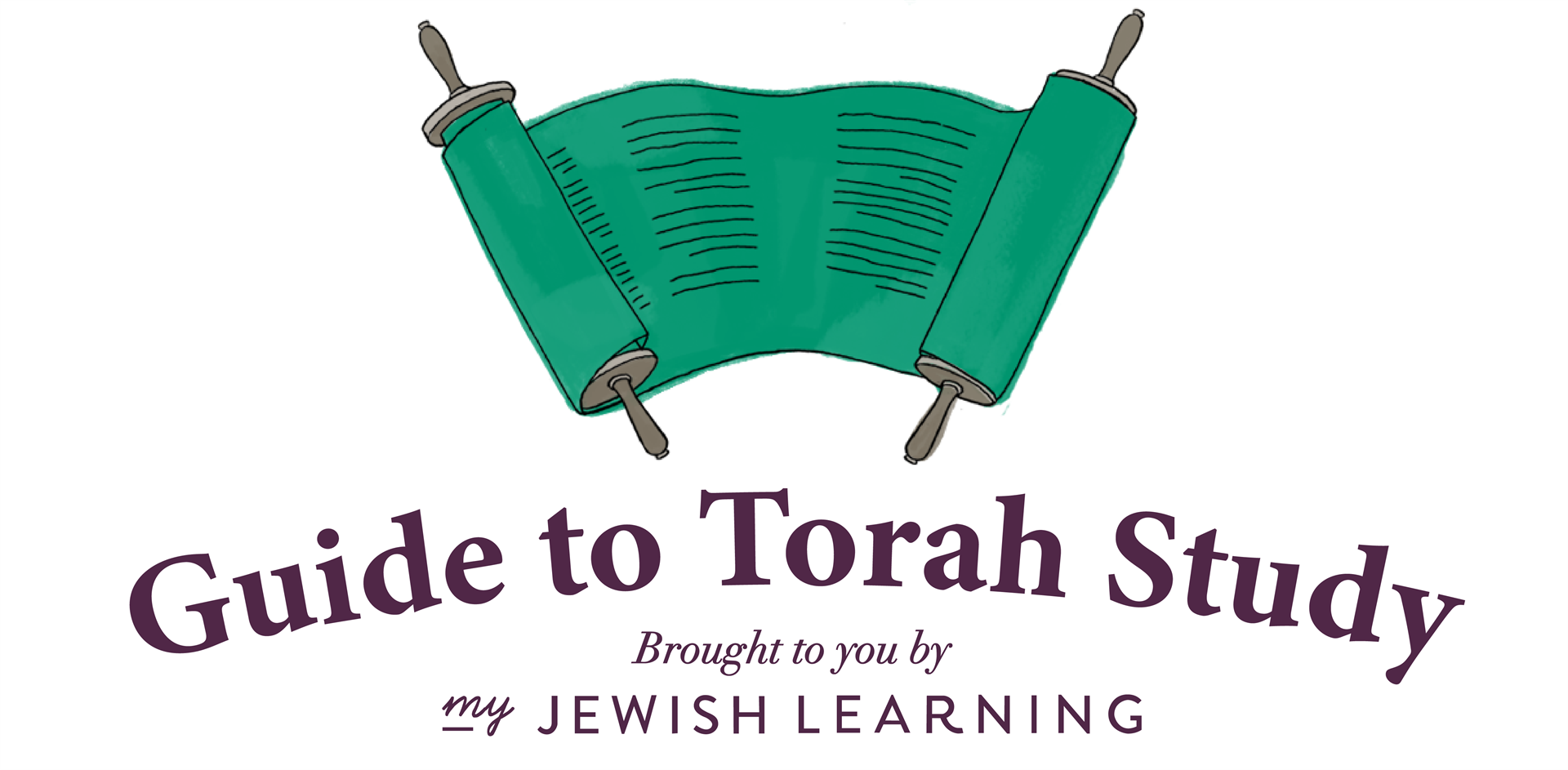Welcome to Part 5 of My Jewish Learning's introduction to Jewish text study. Today's email tackles one of the biggest questions people have about Jewish text:
The position that the Torah is divine in origin was most explicitly formulated by the medieval philosopher Maimonides, who included faith in the Torah’s divine origins as one of his cardinal principles of Judaism.
Yet nowhere in the Bible does it say that that it was all written by God.
Some parts of the Torah indicate that God spoke the words to Moses, while others are described as Moses’ own speech. Some of the later biblical works of the Prophets and Writings suggest that they are the product of divine revelation, yet many more do not.
Moreover, modern biblical scholarship has shown that the Torah contains too many contradictions to be divine, and that it came into being over a long period of time.
Does this matter? Does the Torah get its power only through its claim to divine authorship?
Read on as Marc Zvi Brettler, Professor of Hebrew Bible and Jewish Studies in the Department of Religious Studies at Duke University, discusses whether or not the Torah has divine origins, and whether or not it matters.
|
|
A Sacred Human Document
There's a mountain of evidence pointing to the human component of the Bible. But who wrote the words isn't as important as who reads them.
By Rabbi David Wolpe
|
|
Did Moses Write the Torah?
Did God give all of the Torah at one time, on Mount Sinai, and did Moses write it down on Mount Sinai? Traditional understandings vary.
By Jeffrey Spitzer
|
|

